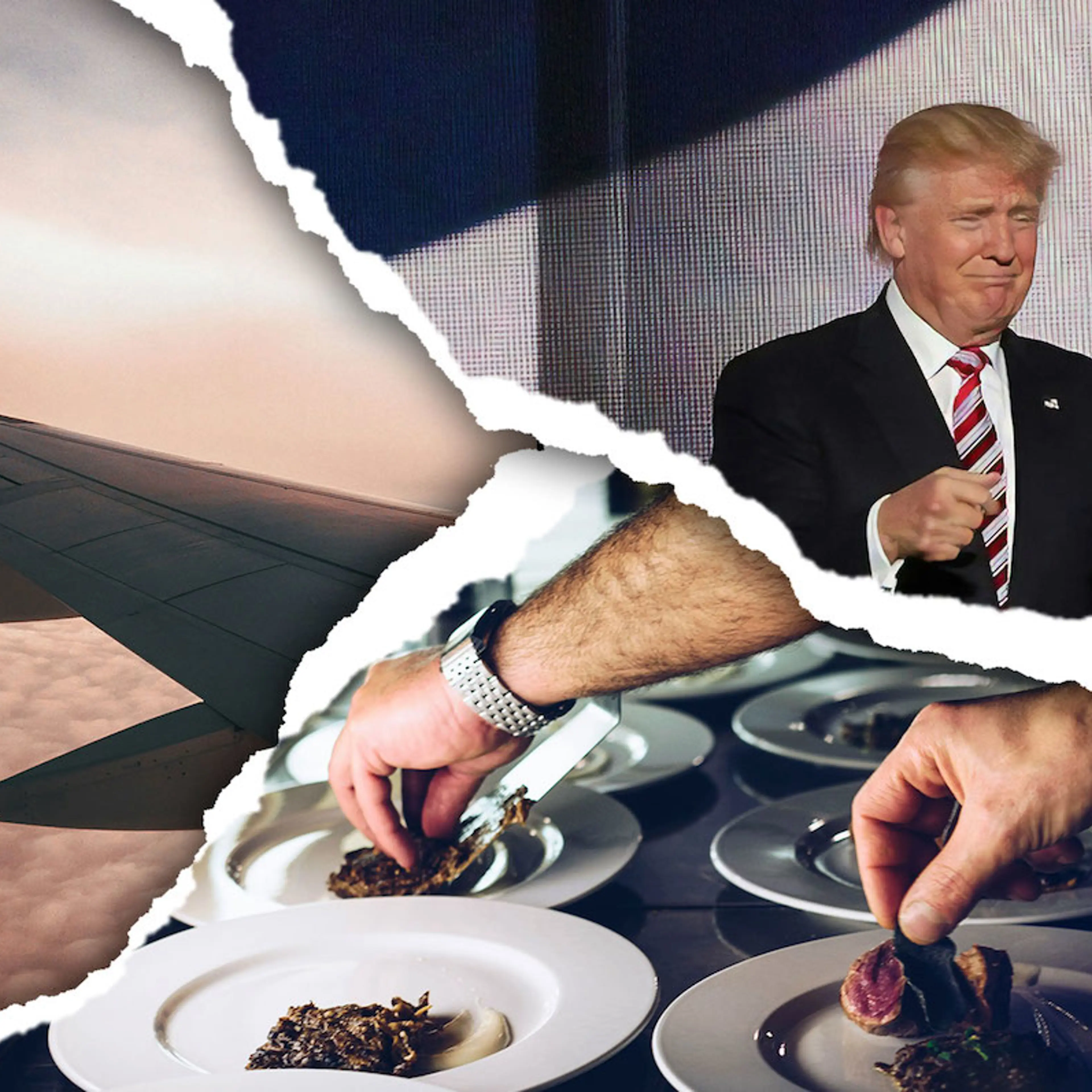In the current US presidential race, key issues driving voter concerns primarily revolve around the economy and inflation, with approximately 80% of voters emphasising the importance of economic matters and 85% expressing concern about inflation. Other influences include healthcare, immigration, and gun control.
The economy's prominence as a voter concern has escalated since Biden took office in 2021, overshadowing previous issues like domestic politics and immigration. Despite positive economic indicators such as real GDP growth, a thriving stock market, controlled inflation, and pre-pandemic levels of unemployment, voters' perceptions of Biden's economic management are unfavourable.
"Voters' perception matters. They remember the period between 2021 and 2023 when the US faced high inflation and lagging wage growth, likely due to media coverage at the time."
Recent macroeconomic data shows stability, but more people trust Trump over Biden to manage the economy. The discord raises questions about whether voters attribute economic improvements to Biden's policies or if there is an opportunity for Trump to capitalise on dissatisfaction – “clearly there is a disparity between economic realities and public sentiment.”
Other factors influencing the US presidential race include personal traits like Biden's age, and potential misinformation campaigns led by republicans.
"Household debt has increased significantly after the pandemic, leaving many Americans feeling that their lives have not improved."
The likelihood of a Trump victory is dependent on Biden's ability to handle domestic and international challenges effectively. Trump's supporters demonstrate unwavering loyalty despite legal controversies.
"He is potentially facing many criminal charges but his supporters, around 80%, would still vote for him even if he gets convicted.”
Key swing states like Michigan and Pennsylvania, with key manufacturing sectors, may lean vote for Trump due to incorrect perceptions of economic stagnation. However, with six months remaining until the elections, the landscape could still change.
“Economic voting theory suggests that voters may penalise incumbents for perceived economic mismanagement, potentially swaying swing states towards Republican support.”


